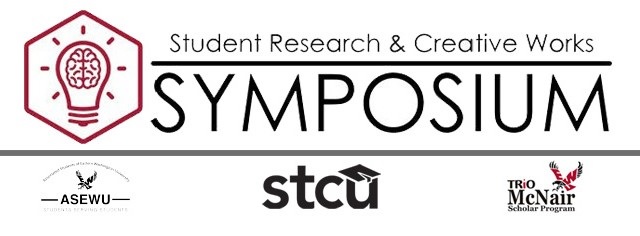Title
A Review of Plant-Soil Feedbacks and Their Importance For Palouse Prairie Restoration and Management
Faculty Mentor
Rebecca Brown
Document Type
Poster
Publication Date
Spring 5-18-2020
Department
Biology
Abstract
A plant-soil feedback (PSF) is the process in which plants alter both the biotic and abiotic characteristics of the soil they grow in. These changes in the soil composition alter which plants can grow and survive there in the future. Negative PSFs occur when plants struggle to grow in soil that was previously inhabited, due to a buildup of soil pathogens. Positive PSFs, however, provide benefits to the plants due to an abundance of soil microbes, such as AMF. Understanding the effects that PSFs have on plant communities and dynamics could be vital for restoring damaged ecosystems, like the Palouse Prairie. Research has shown that most PSFs tend to be negative, which can increase the rate of invasion within the landscape. Invasive species tend to suffer less from the buildup of soil pathogens than their native counterparts. A major challenge in restoring the Palouse is controlling invasive species, such as cheatgrass, that threaten the biodiversity of the ecosystem. To help reduce invasion during restoration, successful establishment of natives is vital. Early-successional plants tend to be much more successful at colonizing highly disturbed lands because they rely less on mutualistic AMF than late-successional plants. Research has also shown that inoculation can increase AMF colonization and aid in plant establishment, as well as provide lasting benefits to aboveground and belowground components of the ecosystem. The purpose of this presentation is to synthesize the research available on PSFs and apply it to the restoration and management of the Palouse Prairie.
Recommended Citation
Pentico, Rachael SV, "A Review of Plant-Soil Feedbacks and Their Importance For Palouse Prairie Restoration and Management" (2020). 2020 Symposium Posters. 23.
https://dc.ewu.edu/srcw_2020_posters/23
Creative Commons License

This work is licensed under a Creative Commons Attribution-NonCommercial-No Derivative Works 4.0 International License.


